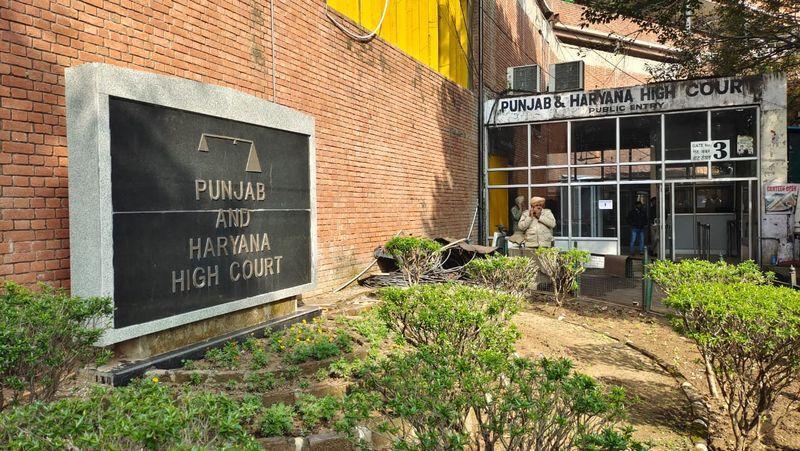
Respond to PIL on cash-for-sex scandal: HC to Punjab
In a recent development, the Punjab and Haryana High Court has directed the state government of Punjab to file an affidavit in response to a Public Interest Litigation (PIL) seeking forensic verification of two audio recordings allegedly involving a senior IPS officer in a cash-for-sex scandal. The Division Bench of Chief Justice Sheel Nagu and Justice Sumeet Goel passed the direction while hearing a petition filed by Supreme Court advocate Nikhil Saraf.
The PIL was filed in the wake of a media report that emerged in May this year, alleging that the senior IPS officer was involved in a cash-for-sex scandal. The report claimed that the officer had been demanding sexual favors from a woman in exchange for favors and protection. The recordings, which were allegedly made by the woman, were said to be incriminating evidence of the officer’s misconduct.
The PIL sought forensic verification of the audio recordings to determine their authenticity and authenticity. The petition also sought an investigation into the allegations and appropriate action against the officer if found guilty.
During the hearing of the petition, the Punjab government’s counsel submitted that the state government had already initiated an inquiry into the allegations and a probe was underway. However, the court was not satisfied with the government’s response and directed it to file an affidavit in response to the PIL.
The court’s direction has been seen as a significant development in the case, as it has put pressure on the government to take a more proactive approach in investigating the allegations. The government’s failure to act promptly in the past has been criticized by many, who have called for stronger action against the officer.
The case has also raised questions about the conduct of the officer and the extent to which he was able to abuse his position of power. The allegations against him are serious and could tarnish the reputation of the police force as a whole.
The forensic verification of the audio recordings is a crucial step in determining the authenticity of the allegations. If the recordings are found to be genuine, it could be a major embarrassment for the government and the police force. The officer’s reputation and career could be at stake, and he could face serious consequences if found guilty.
The case has also highlighted the need for greater accountability in the police force. The police are meant to serve and protect the public, but there have been many instances in the past where they have been involved in corrupt practices. The allegations against the senior IPS officer are a stark reminder of the need for greater transparency and accountability in the police force.
The PIL filed by Nikhil Saraf has been seen as a significant step in bringing accountability to the police force. Saraf is a Supreme Court advocate who has a reputation for taking up cases that involve corruption and abuse of power. He has been instrumental in bringing several high-profile cases to light, and his efforts have been recognized by many.
In conclusion, the Punjab and Haryana High Court’s direction to the Punjab government to file an affidavit in response to the PIL seeking forensic verification of the audio recordings is a significant development in the case. The government’s failure to act promptly in the past has been criticized, and the court’s direction has put pressure on the government to take a more proactive approach in investigating the allegations. The case has raised questions about the conduct of the officer and the extent to which he was able to abuse his position of power, and the need for greater accountability in the police force.






